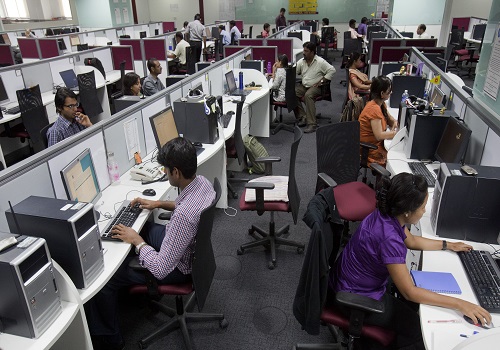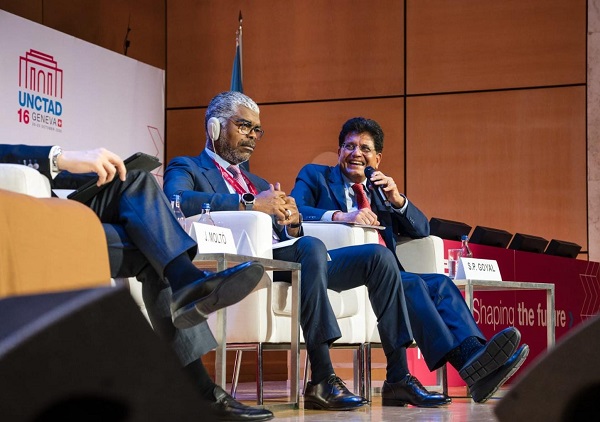Budget gives big push to fisheries sector with 54 per cent hike in outlay

The Union Budget 2024-25, presented by Finance Minister Nirmala Sitharaman in the Parliament on Tuesday, has hiked the allocation for the Department of Fisheries by 54 per cent to Rs 2,616.44 crore from Rs 1,701 crore (Revised Estimates) during 2023-24.
As much as Rs 2,352 crore of the total outlay has been allocated for the Pradhan Mantri Matsya Sampada Yojana (PMMSY) scheme which is a 56 per cent increase over the outlay of Rs 1,500 crore for 2023-24.
Finance Minister Sitharaman announced plans for setting up a network of Nucleus Breeding Centre (NBC) for high-quality shrimp brood stocks. Further, financing for shrimp farming, processing, and export will be facilitated through NABARD. The establishment of state-of-the-art facilities in NBCs will improve the genetic quality of aquaculture species for higher productivity and quality, and reduce the dependence on the import of shrimp brood stock, according to the Department of Fisheries. This is a welcome step to promote the shrimp industry, as shrimp is a major contributor to seafood export.
Shrimp exports have significantly growth to Rs 40,013 crore in 2023-24 from Rs 8,175 crore in 2011. In 2023-24, the export of frozen shrimp was to the tune of 7.16 lakh tons worth Rs. 40,013 crore.
Under the Fisheries Infrastructure Development Fund (FIDF), concessional finance support will be provided to private entrepreneurs and investors for setting up shrimp aquaculture facilities, processing plants and export-related infrastructure. The investments made in infrastructure, adoption of technology, and improving fisheries’ practices will translate into higher production and productivity, better quality, and increased efficiency across the shrimp value chain, according to an official statement.
Officials expect new avenues to open up with enhanced production of quality shrimp value-added products for meeting the demand of the global as well as domestic markets. To strengthen India's shrimp farming industry globally, import duty reductions on key inputs are proposed to lower production costs and increase revenues & profit margins.
Basic Customs Duty (BCD) on shrimp broodstock (Litopenaeus vannamei and Black Tiger/ Penaeus monodon) will be reduced from 10 per cent to 5 per cent, on polychaete worms from 30 per cent to 5 per cent, and on shrimp and fish feed from 15 per cent to 5 per cent. Further, various inputs like mineral and vitamin pre-mixes, krill meal, fish lipid oil and crude fish oil, algal prime (flour) and algal oil, artemia and artemia cyst have been exempted from customs duties.
To strengthen India's position as a leader in value-added fish processing, import duties on value-added fish processing ingredients - pre-dust breading powder duty has also been removed.
The Finance Minister also announced that the government will bring out the National Co-operation Policy for systematic, orderly and overall development of the co-operative sector. The development of Fisheries Co-operatives as per the holistic national policy will empower the fishers and fish farmers in carrying out various fisheries value chain activities in an organised manner. This is expected to enhance their bargaining power and facilitate market linkages for better value creation and value realization.
Termed as the ‘sunrise sector’ of the Indian economy, with the highest average decadal growth of 8.9 per cent (FY 2014-2023) amongst allied sectors under agriculture, the Indian fisheries sector continues to make its mark and grow at a very healthy pace. India is, currently, the 2nd largest fish-producing country with around 8 per cent share in global fish production and a record high fish production of 174.45 lakh tonnes (2023-24).
India also stands at 2nd in aquaculture production and is one of the top shrimp-producing and seafood-exporting nations in the world. The sector provides sustainable livelihoods to over 30 million people mostly within the marginalised and vulnerable communities.























